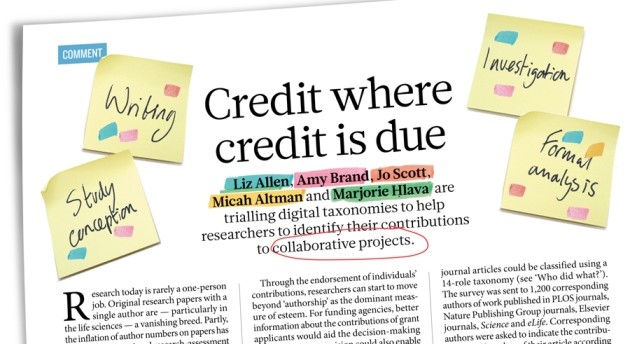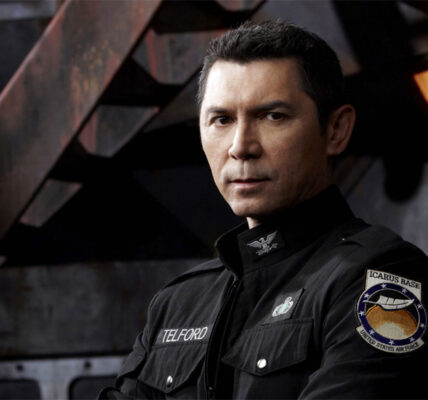Oscars. BAFTAs. Emmys. The awards season brings some people out in a rash: the mawkish thank-you speeches, the feeble attempts at humour by over-paid presenters. But how we all crave to hear our names— or those of our colleagues or clients— called from the envelope.
The fact is that awards boost the brand value, sales and saleability. When my client Kishwar Desai recently won the Costa Best First Novel Award for her book Witness the Night, interest from publishers and film and TV companies around the world increased immediately.
Love them or hate them, awards and ceremonies are not just an ego trip for those involved, but can be a matter of cold, hard cash in the future. New writers are urged to enter every competition they can find, since being nominated or winning means that the same work that was rejected by an undergraduate intern last week might now be read by the CEO.
Writers in the film industry have the reputation of being at the bottom of the power ladder, usually considered to be less important than directors. There has often been tension between the Writers’ Guilds and the Directors’ Guilds over directors’ ‘possessory credits’, suggesting that the film is their film. Writers don’t like this, particularly when the script is often written without any input from the director, who more or less shoots what is on the page. And sometimes a director who makes changes wants to have some of the writing credit and some of the script money, even though I believe that such suggestions are a bog-standard part of the director’s role. If a director shoots a scene exactly as the writer wrote it, without making any changes, would the director give up a share of their credit and money to the writer? I think not!
As for the public, they seem completely disinterested in the credits, so starry-eyed are they about the casting. Surely one of the reasons that the public have such a poor view of writers is because of the scandalous behaviour of journalists and film reviewers, who perpetuate the myth about stars and directors being the main ingredients in the success of a film. They do, however, often point to the writer when a film fails.
One of the most telling examples of this lack of professional objectivity was a review of Jack Nicholson’s The Pledge (2001). A distinguished writer in the Guardian wrote a powerful review in favour of the film, which was 17 column inches long. It started out by saying that ‘This brilliantly accomplished movie develops ideas from director Sean Penn’s last film’, and goes on to say—at some length—that Penn ‘… has definitively established his heavy-hitter status as a director: this is the work of a major player in American cinema’. It is a good movie and Penn does a great job; the point is that the critic spent much of the first 15 column inches telling us this. Then, in the 16th, we learn that ‘Jerzy Kromolowski’s screenplay, adapted from Friedrich Dürrenmatt’s novel Das Versprechen, is strong and workmanlike’.
So bring on the awards; after all, they are the only genuine praise a writer might get.












